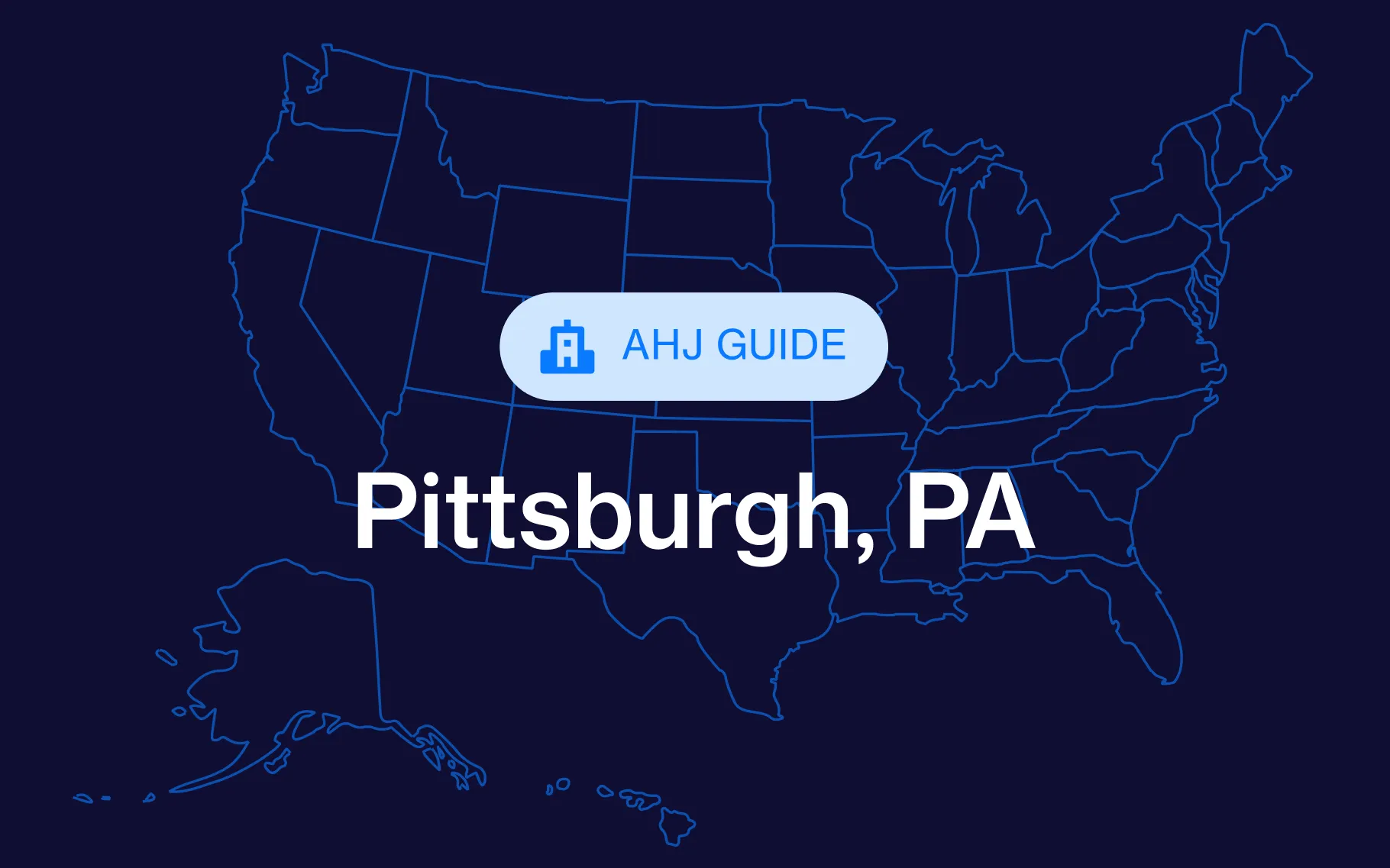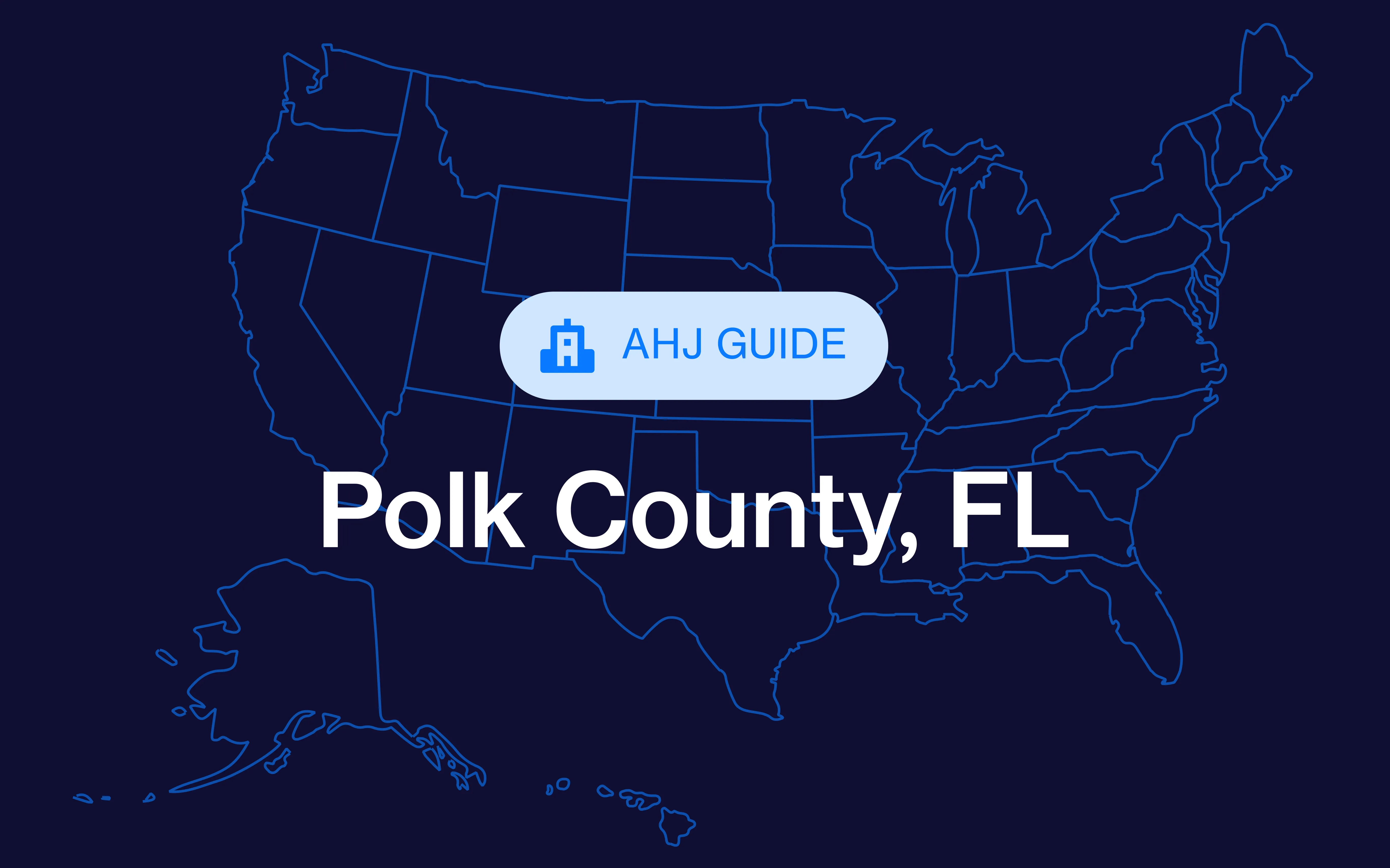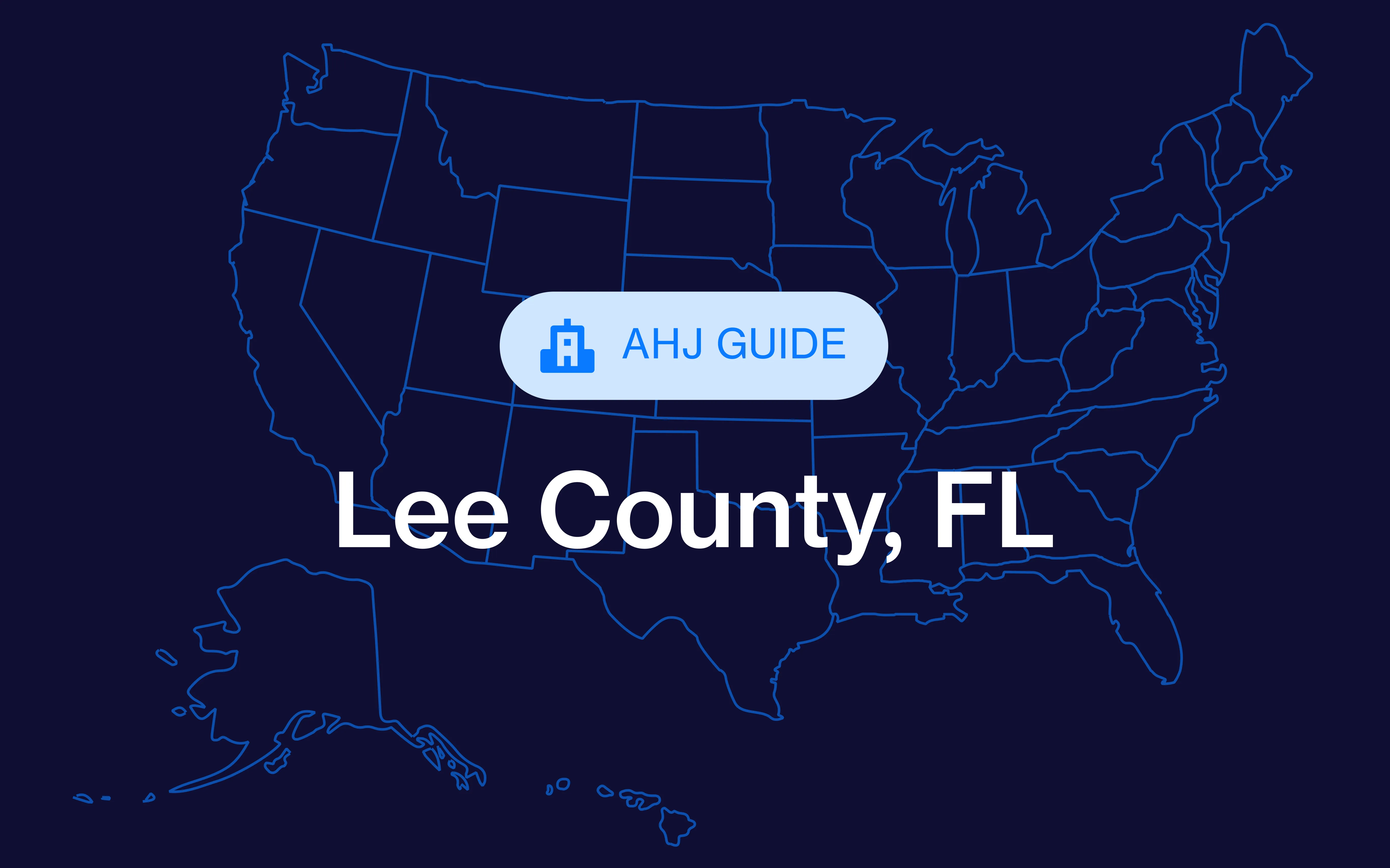Building in Pittsburgh, Pennsylvania comes with its own set of rules and requirements. From the historic neighborhoods of Lawrenceville to new developments in the Strip District, every construction project needs to follow the city's permit process.
Getting a building permit doesn't have to slow down your project. This guide walks you through Pittsburgh's specific requirements, fees, and timelines so you know exactly what to expect.
Simplify permitting in Pittsburgh with PermitFlow. Learn more here.
What requires a building permit in Pittsburgh?
Not every construction job needs a permit, but many do. Pittsburgh’s Permits, Licenses, and Inspections division requires permits for most structural work, electrical changes, plumbing updates, and projects that affect your building's safety or size.
- Structural work: new buildings, enlargements, alterations, or demolition
- Decks: if over 30" above ground
- Fences: over 6 ft high
- Retaining walls: over 4 ft or any wall holding back soil/liquids
- Pools: in-ground or above-ground over 24" deep or 5,000 gallons
- Accessory structures: over 200 sq ft (e.g., sheds, playhouses)
- Water tanks: over 5,000 gallons or height-to-width ratio > 2:1
- Temporary structures: like exterior film or theater sets
- Any mechanical, plumbing, gas, or electrical system installation/repair
- Change of building use or occupancy
For some projects, you also need a zoning permit. These projects include:
- Fences: 6 feet or less in height
- Chicken coops: Accessory to single-family or two-family dwellings
- Uncovered decks: Where the deck floor is 30" or less above grade and accessory to a single-family or two-family dwelling
- Carports, parking pads, and greenhouses: Open on at least two sides and accessory to a single-family or two-family dwelling
- Oil derricks
- Shade cloth structures (for agriculture/nurseries)
- Water tanks: Supported directly on grade if the capacity does not exceed 5,000 gallons and the ratio of height to diameter or width does not exceed 2 to 1
- Temporary motion picture, television, and theater stage sets and scenery: If exterior to a building or structure
Projects that don’t require a permit in Pittsburgh
- Single-story detached accessory structures less than 200 square feet
- Prefabricated swimming pools less than 24” deep, less than 5,000 gallons, and installed entirely above grade
- Playground equipment
- Retaining walls 4’ or shorter
- Sidewalks and driveways less than 30” above adjacent grade
- Window awnings attached supported by an exterior wall that don’t project more than 54”
- Movable cases, counters and partitions less than 5’ 9”
- Painting, papering, tiling, carpeting, cabinets, countertops and similar finish work
Learn more on the city’s Work Not Requiring a Permit page.
Pittsburgh building permit costs
Pittsburgh construction permit costs depend on what type of work you're doing and the value of your project. The city calculates most fees based on your project's total construction value, though some permits have flat rates.
Residential projects
Commercial projects
For more information on fees, visit the Pittsburgh PLI Fees page.
Pro tip: Use the city’s permit fee calculator to estimate the cost of permitting your project.
How long do building permits last in Pittsburgh?
A Pittsburgh building permit remains valid if work begins within 180 days of permit issuance. Almost all PLI permits expire 5 years after issuance.
How to get a building permit in Pittsburgh
Step 1: Determine permit requirements
Before initiating any construction, consult with PLI to ascertain the specific permits required for your project. This may include building, zoning, electrical, plumbing, or mechanical permits.
Step 2: Prepare necessary documentation
Gather all required documents, which include:
- Pittsburgh Building Permit Application
- Zoning Voucher (proof of zoning approval)
- Construction Plans (site plan, floor plans, elevations)
- Site Plan (showing boundaries and proposed work)
- Energy Code Compliance (e.g., REScheck/COMcheck)
- Special Inspections Statement (if required)
- Floodplain Compliance Docs (if in flood zone)
- Other Trade Permits (electrical, plumbing, etc. if applicable)
Step 3: Submit application
Submit your Pittsburgh building permit application and documents through the city’s online platform, OneStopPGH. This system lets you apply for permits, check your application status, schedule inspections, and pay fees. You’ll need to register for an account before building and submitting your application.
Alternatively, you can submit a hard copy through the OneStopPGH counter.
Step 4: Plan review and approval
PLI reviews your application and plans to make sure they follow building codes. If they need changes, they'll let you know what to fix.
How long it takes (PLI service-level targets)
Need your permit faster? PLI offers an Accelerated Plan Review track that cuts the timeline roughly in half.
Cut permitting time in half (or more!) with PermitFlow. Learn more.
Step 5: Permit issuance
Once approved, you'll get your building permit. Make sure to post it at your construction site.
Step 6: Inspections
During construction, schedule any required inspections to make sure your work matches the approved plans and codes. You can schedule inspections through OneStopPGH or by calling PLI directly.
Pittsburgh permitting resources
Need more help with your Pittsburgh building permit? The city offers several resources to guide you through the process and answer questions along the way.
- Department of Permits, Licenses, and Inspections (PLI)
- Address: 414 Grant Street, Pittsburgh, PA 15219
- Phone: (412) 255-2175
- Website
- Permit Fees page
- PLI Online Portal
- Work Not Requiring a Permit
- Pittsburgh Building Permit Application
Streamline Pittsburgh permitting with PermitFlow
Getting a building permit in Pittsburgh can be overwhelming, especially if your business recently expanded to serve Pittsburgh. Why spend countless hours learning the city’s permit rules, collecting paperwork, and navigating OneStopPGH? Let PermitFlow handle the permit process for you.
PermitFlow is permit management software that handles permit preparation, submission, and tracking across all municipalities you serve.
Builders and contractors choose PermitFlow for:
- Expert guidance: Our team knows Pittsburgh's permitting requirements inside and out, so your submissions are accurate and efficient
- Centralized permit management: Track and manage all your permits from one dashboard
- Faster approvals: We get your submission right the first time, which means you get your permit quicker
Don't let permit delays hold up your project. Contact us to see how we can help with your next project in Pittsburgh or beyond.








